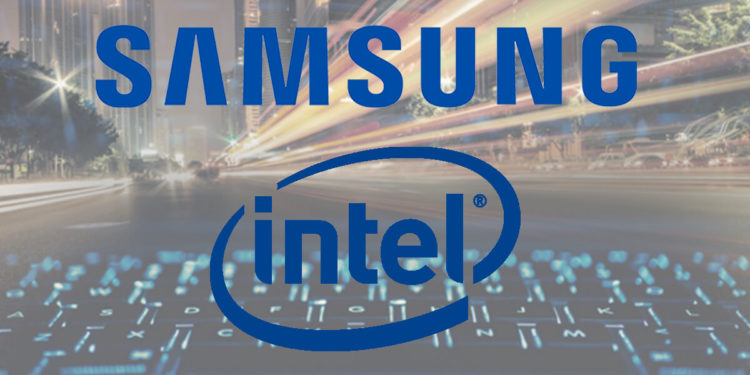In collaboration with Intel, Samsung Electronics announced a significant performance breakthrough on its 5G SA Core. The companies achieved a 5G SA Core data processing capacity of 305 gigabits per second (Gbps) per server and latency improvement. Samsung conducted the test in a mobile environment network with commercial features enabled.
Samsung accomplished th superior performance using a second-generation Intel Xeon Scalable processor and the Intel Ethernet Network Adapter E810 with Enhanced Dynamic Device Personalization (DDP).
The capacity of 305Gbps equals hosting more than 200,000 users live-streaming standard definition (SD) videos simultaneously. The performance advancement would help accelerate the delivery of next-generation, high-capacity networks. It would also increase cost-efficiency for 5G core network deployments.
The breakthrough would also foster more immersive 5G use cases that would require higher data volume processing with low latency. These include virtual reality (VR), augmented reality (AR), and vehicle-to-everything (V2X) experiences without impact on performance.
5G’s Expanding Capacity
Typically, data processing requires a complex path using multiple cores, including processing cores, transmission, and packet distribution. Intel’s Ethernet Adapter E810 with Enhanced DDP optimizes data distribution and transmission across the network adapter and CPU cores. Samsung and Intel’s technology implemented a simplified system configuration and boost packet processing and overall network performance.
“Samsung’s cloud-native 5G SA Core, through its highly flexible and scalable design, will enable our customers to launch 5G services more swiftly and cost-effectively.”
– Sohyong Chong, Senior Vice President and Head of Core Software R&D, Networks Business at Samsung Electronics
Sohyong added that the companies’ close collaboration achieved an industry-leading performance with Samsung’s 5G SA Core.
“This milestone achieved with Samsung is a verification of how strong industry collaboration and the use of innovative technologies can enhance performance to accelerate this transition and pave the way to new network and edge services.”
– Alex Quach, Vice President and General Manager, Wireline and Core Network Division, Intel Corporation







